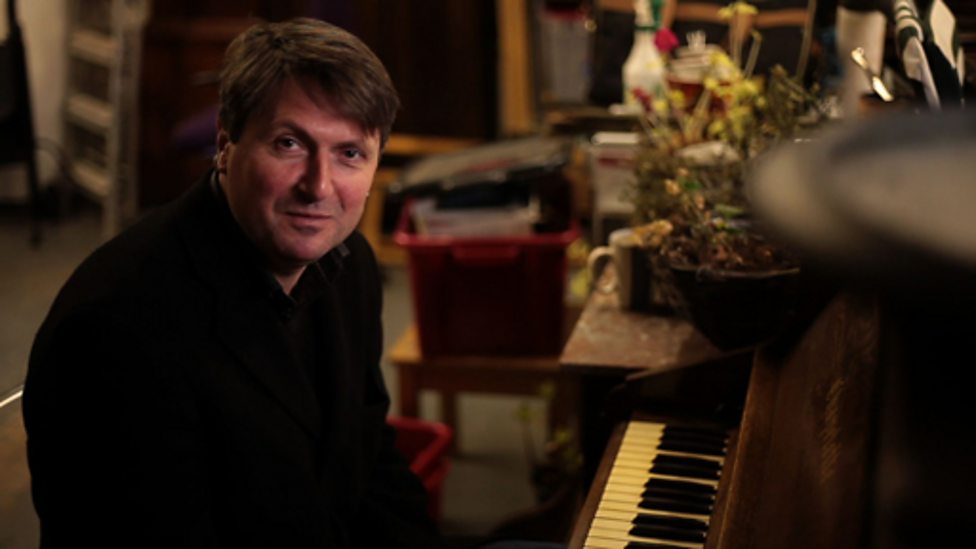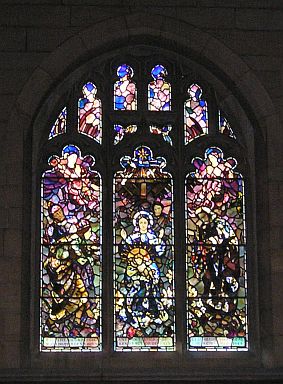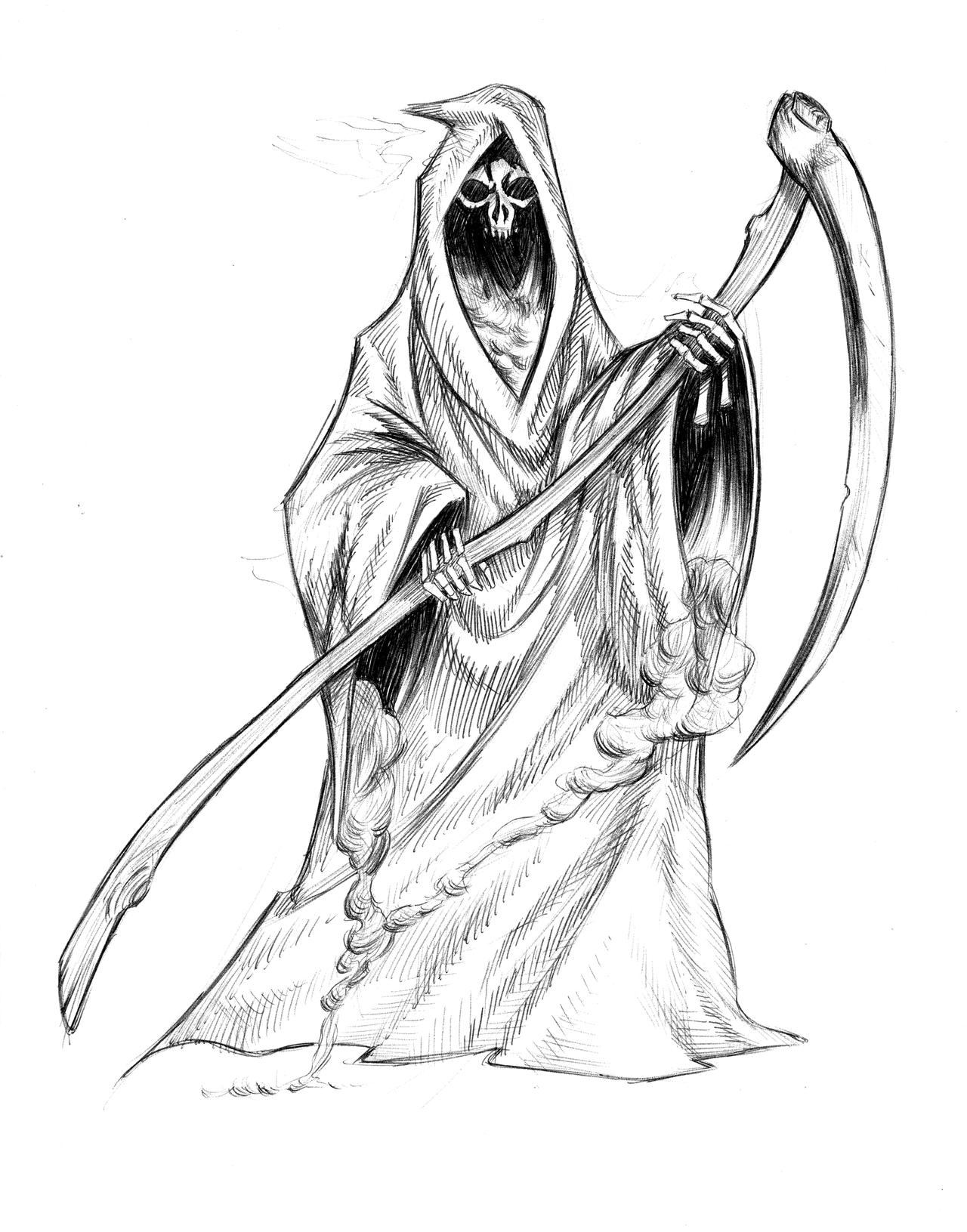 |
| Click here for a video of Armitage talking about this poem |
This is an autobiographical poem where Simon Armitage
returns to Marsden, the village he grew up in, to collect a harmonium from the
village church. His father helps him to carry the harmonium out of the church
and this process causes him to reflect on the relationship he had with his
father in childhood, singing in the church choir, and to face the fact that one
day, possibly soon, his father will die.
How do I Analyse this?
Form: This poem is an autobiographical poem which flicks between
the past and the present day. It is written in four stanzas – stanzas one and
four are set in the present day and the middle two stanzas are set in the past.
Perhaps this symbolises how the past is contained within the present moment.
Each stanza has a different theme:
Stanza 1 sets up the narrative – that the harmonium needs a
new home or it will be thrown away.
Stanza 2 is a description of the church, the harmonium and
the organist.
Stanza 3 is a memory of father and son singing in the choir.
Stanza 4 is a description of Armitage and his father
carrying the harmonium out of the church.
 |
| St Bartholomew's Church, Marsden |
Imagery: The imagery the first stanza creates a sense of old memories:
“dust” and “shadowy” suggest a place that has been neglected for some time. Perhaps
this is metaphorical and Armitage is revisiting memories that he has not
thought about for some time. There is also a pun "mine, for a song.." which has a double meaning: he can have it cheap or he can have it to sing with.
However, the second stanza starts with the word “sunlight”
which contrasts with the darkness of the previous stanza. His memories are
lighting up this dark place and the image of the sun streaming through the
stained glass windows seems to bring his memories to life or “raise the dead”.
The phrase “beatify saints” (beatify is when the Roman Catholic church declares a life holy) suggests that the past seems like
a wonderful and saintly place.
 |
| Sunlight, through stained glass... |
The imagery of the harmonium and its organist are then
introduced and this is clearly an extended metaphor for the decaying of the
aging process both before and beyond the grave. The images are quite
homely and comfortable: “woollen socks” and “leather-soled shoes” which
suggests that his father is a down to earth, traditional man. The harmonium is
personified “the fingernails of its keys” and “one of its notes had lost its
tongue” which relate it to the father’s decay and suggest death.
 |
| Harmonium |
| Click here to hear a Finches' song |
Structure:
The use of consonance in stanza 1 creates a hushed tone and the lack of rhyme creates a conversational rhythm as if he is starting to recount an anecdote. In stanza 2 assonance is used to create a more uplifting tone and rhythm: "day to day", "beatify", "saints", "raise", "aged", "case". As the memories take on a life of their own, enjambement and rhyme ("treadles"/ "pedalled"), are used to speed up the rhythm underpinning the stanza with energy and emotion.
Stanza 3 uses phonological features to mimic the musical sounds it is describing. Both onomatopoeia and alliteration are used in "hummed harmonics" to imitate the sound of the harmonium. The internal rhyme: "throats" and "notes" add to the musicality of this image.
The final stanza contains two very important rhymes. Firstly the internal rhyme in the line: "will bear the freight of his own dead weight" emphasises the quick-wittedness of his father and his flat, dry humour. In contrast the three lines of enjambement at the end of the stanza and the overly long sentence emphasise Armitage's sudden loss for words at the realisation that his father will die, leaving both Armitage and the reader "starved of breath". It also has the effect of making the poem sort of peter out with the word "heard" which closes the final couplet of the poem, so that we literally do not hear the final word. It emphasises the idea that he cannot make himself heard and express his love towards his father.
This is such a beautiful poem. It's full of nostalgia for this childhood relationship he enjoyed with his father. I get such a sense of warmth about his father from the images of "grey woollen socks" and the father's dry humour. I think it's also saying something about the deep feelings that memories can create and how difficult it can be to articulate feelings of love for people you love the most. I really feel the sense of fear that Armitage seems to experience at the thought that his father might not live for much longer and what a terrible loss this will be for him. His focus on the specific imagery of the church, the harmonium and his father communicates the importance of these memories for him and how deeply he treasures them.
There is an irony contained within this poem as, really the whole poem is a tribute to the love that Armitage feels for his father and the fear he has of his death. Although he cannot think of a reply in that moment described in the final stanza, the poem itself is a reply: the words "too starved of breath to make themselves heard".
There is an irony contained within this poem as, really the whole poem is a tribute to the love that Armitage feels for his father and the fear he has of his death. Although he cannot think of a reply in that moment described in the final stanza, the poem itself is a reply: the words "too starved of breath to make themselves heard".
Armitage is telling the reader about the nature of memory and grief. He is using this poem to try and communicate the tenderness he feels for his father that he is unable to communicate in the anecdote in the poem. It is a poem about memory, aging and death and also about the ways in which fathers and sons communicate their love for each other. Although, Armitage and his father do not have a conversation about the feelings they have for each other, the shared memories they have around singing in Marsden church bind them together and are important to both of them. Even though Armitage creates a sense of his father's frailty: "smokers fingers and dottled thumbs", it is still his father who is helping him to do this task. It is Armitage who wants the harmonium and the father is still in a paternal role of helping him. Perhaps that is why the realisation of this inevitable change in their circumstances hits Armitage so hard.
How can I Link this to another poem?
Nettles - another father son poem
Praise Song - a poem which also celebrates parent child relationship and memories from the child's perspective. It also touches on bereavement.







.jpg)




